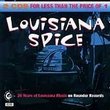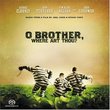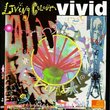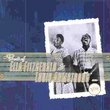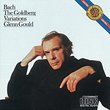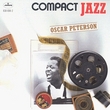| All Artists: Rubinstein, Chopin Title: Chopin Collection Members Wishing: 0 Total Copies: 0 Label: RCA Release Date: 10/25/1990 Genre: Classical Styles: Forms & Genres, Ballads, Historical Periods, Modern, 20th, & 21st Century Number of Discs: 1 SwapaCD Credits: 1 UPC: 078635715620 |
Search - Rubinstein, Chopin :: Chopin Collection
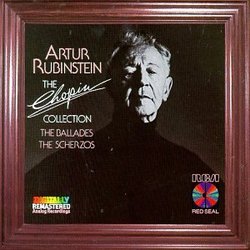 | Rubinstein, Chopin Chopin Collection Genre: Classical
We usually think of Chopin as the creator of exquisite miniatures: all those lovely preludes, mazurkas, and waltzes. But Chopin also has a bolder, visionary aspect, heard in the piano sonatas and in these eight exciting pi... more » |
Larger Image |
CD DetailsSynopsis
Amazon.com essential recording We usually think of Chopin as the creator of exquisite miniatures: all those lovely preludes, mazurkas, and waltzes. But Chopin also has a bolder, visionary aspect, heard in the piano sonatas and in these eight exciting pieces. Whether or not the Ballades were actually written to express the content of narrative poems (a subject still debated by musicologists), they tell exciting stories. And the scherzos--Chopin uses that term to denote the contrasting content of each piece, not humorous qualities--are equally bold and large-scale in their conception. It takes a very wide range of pianistic abilities to do justice to these pieces. It's not enough to master their fearsome technical hurdles; the performer also has to give voice to the inner expressive qualities of the music, and to project equally well the stormier and more contemplative moments. Other pianists have given us memorable recordings of the music, but this disc captures Rubinstein at the height of his powers: every moment is alive with meaning. And the 1960s stereo still sounds excellent. --Leslie Gerber Similarly Requested CDs
|
CD ReviewsThe ultimate Chopin. 06/22/1999 (5 out of 5 stars) "I'm not short of versions of the ballads and the scherzos so I have compared the Rubinstein's to many other (Ashkenazy, Pollini, Rachmaninov, Argerich, Janis, Kissin etc.). For the ballads I put Rubinstein and Ashkenazy in a special place. Ashkenazy has a better sound (thick and deep bass sound which is familiar in his recordings) and his playing he is exstremely powerfull. Rubinstein's sound is a bit flat but has no hiss or that kind of stuff. The playing is clean, every note is heard and the fantasy-feeling gets perfectly through. For the scherzos I put Rubinstein in the first place. In the 2nd I also like Argerich's powerfull approach and Kissin's playing in this schrezo is also superb. But for me no one gets the 3rd better than Rubinstein. Just listen to the "raindrops" in the right hand! I like the 4th very mush but find the Ashkenasy best. So after all I think that this must be the recording if you are looking for the ballads and the schrezos on one recording." Rubinstein: "Live" in studio Alex Serrano | Perrysburg, Ohio United States | 06/06/1999 (5 out of 5 stars) "Ever since reviwes have been made on Rubinstein he has been accused of "tighting up" a little too much in a studio. Even though there is some truth in this comment when you compare his live performances of Beethoven against his studio recordings, in Chopin and in this album this thought simply does not hold on. Here you get passionate Rubinstein in warm, articulate, logical performances of Chopin at his boldest. Please, listen carefully to the details in the Ballade No.4. It just keeps on building climax after climax, and the conclusion seems inexorable. And yet this is always Rubinstein letting music do all the talking." A testament to Rubinstein's greatness, and Chopin's Alex Serrano | 09/15/1998 (5 out of 5 stars) "If anyone needed to make a case for Rubinstein's genius not only as a Chopin interpreter, but as a pianist of the first rank, they'd need do little more than offer this one recording as evidence. The control of melodic line, lift, chordal technique, brilliance in ornamentation and fioriture - all of them are at the service of Chopin's conception, but come together with a sound that can only have been made by Rubinstein. Perhaps most moving is the first ballade; the grandeur of the main E major theme has never been brought out so compellingly, and the closing Gm section is nothing short of demonic. I've listened to this recording well over a thousand times, and have explored every other commercially-available recording of the ballades. Nothing quite compares. If I had only one piano record, perhaps even only one record of any kind, to choose for the proverbial desert island, this one would be it."
|

 Track Listings (8) - Disc #1
Track Listings (8) - Disc #1
